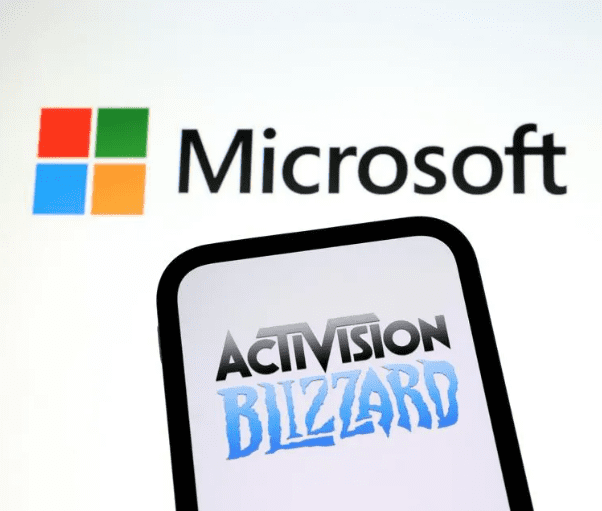In recent news, two major developments have sparked discussions about the future of the virtual world and its impact on social interaction and the internet. First, Facebook announced its rebranding as Meta, signaling the company’s shift towards building a metaverse. Second, Microsoft’s acquisition of Activision Blizzard has raised questions about the potential integration of gaming and virtual reality.
Meta’s rebranding reflects the growing interest and investment in the metaverse, a virtual reality space where users can interact with each other and digital content in a more immersive way. With Meta’s vision of the metaverse, we can expect a future where people can work, play, and socialize in a virtual environment that blurs the line between the physical and digital worlds.
Microsoft’s acquisition of Activision Blizzard, one of the largest gaming companies, further emphasizes the importance of the virtual world. This move positions Microsoft as a key player in the gaming industry and suggests a potential integration of gaming and virtual reality experiences. With Microsoft’s resources and expertise, we can anticipate advancements in virtual reality technology and a more seamless integration of gaming into the metaverse.
The implications of these developments are far-reaching. The metaverse has the potential to revolutionize social interaction, entertainment, and even the way we conduct business. Imagine attending virtual meetings, exploring virtual worlds, and collaborating with colleagues from different parts of the globe, all from the comfort of your own home. The metaverse could also redefine the gaming experience, allowing players to fully immerse themselves in virtual worlds and interact with other gamers in real-time.
However, it is important to consider the challenges and ethical implications that come with the virtual world’s expansion. Privacy concerns, digital security, and the potential for addiction are just a few of the issues that need to be addressed as we navigate this new frontier.
In conclusion, the rebranding of Facebook as Meta and Microsoft’s acquisition of Activision Blizzard highlight the growing significance of the virtual world and its potential impact on social interaction and the internet. As we move forward, it is crucial to approach this new era with careful consideration, ensuring that the benefits of the metaverse are balanced with responsible and ethical practices.
